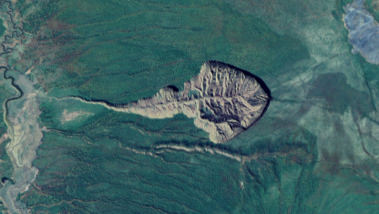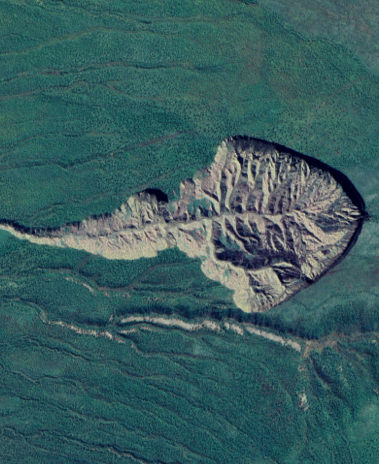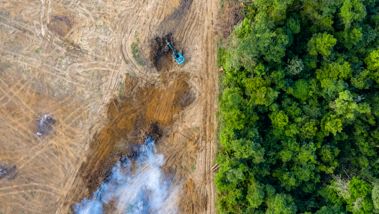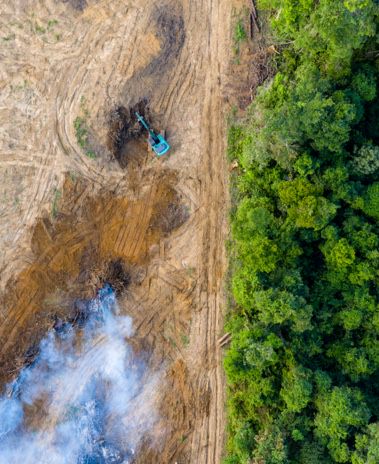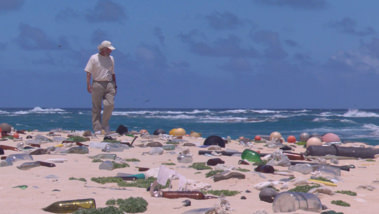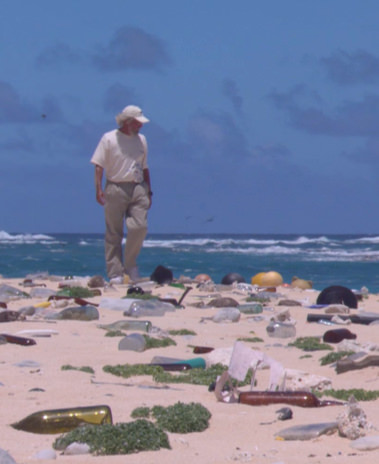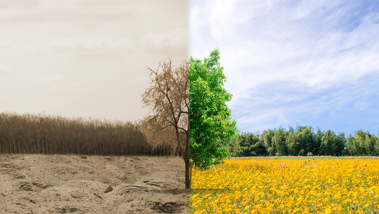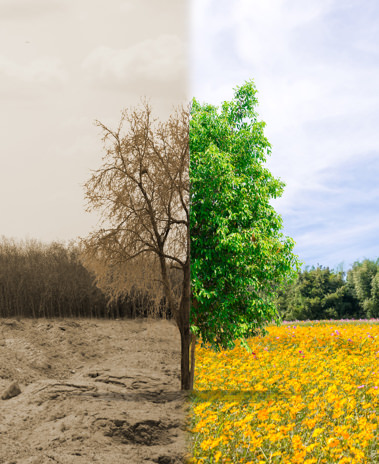#nature
The respect for the environment, flora and fauna or the defense of the nature are essential in fighting climate change. Iberdrola group promotes the biodiversity in ecosystems by supporting the cultural heritage development, apart from encouraging cultural and social awareness in this regard.
-
You may not know what permafrost is, but its melting, which is advancing due to climate change and has reached a critical point, could have serious consequences for your future. This permanently frozen ground, located in circumpolar areas in Canada, Alaska, Siberia and elsewhere, has acted as a carbon sink for thousands of years and if it thaws it could release large amounts of this gas, amplifying the problem of global warming.
The planet's biodiversity is under threat and the main culprit is the one who, paradoxically, depend on it most: human being. Slowing down biodiversity loss, understood as the reduction or disappearance of the variety of living beings that inhabit the planet, is one of humanity's great challenges. Below, we review the causes, consequences and possible solutions.
-
The Iberdrola Group protects, restores, and promotes the sustainable use of terrestrial ecosystems in all the countries in which it operates, directly contributing to achieving the United Nations Sustainable Development Goal 15: life of terrestrial ecosystems. Therefore, our company will have a net positive impact on biodiversity by 2030, with the planting of 20 million trees.
At Iberdrola, we are committed to achieving zero net loss of biodiversity by 2030. For this reason, our offshore wind power business has an Environmental Management System in all projects that includes specific procedures for managing risks to the marine environment.
-
Jean-Michel Cousteau has devoted his life to the sea, and he is watching how human beings are abusing it with a mixture of amazement and concern. One example is the ever-increasing amount of plastic in the water. However, the French explorer has not given up hope and is optimistic about the future, provided that each and every one of us commits to this maxim: "By protecting the ocean, you protect yourself".
Natural resources are those that the planet offers without the need for human intervention. They are essential our survival, but if they are consumed at a faster rate than their natural regeneration, as is currently the case, they can be exhausted. Then, we review the consequences and possible solutions to this problem.






